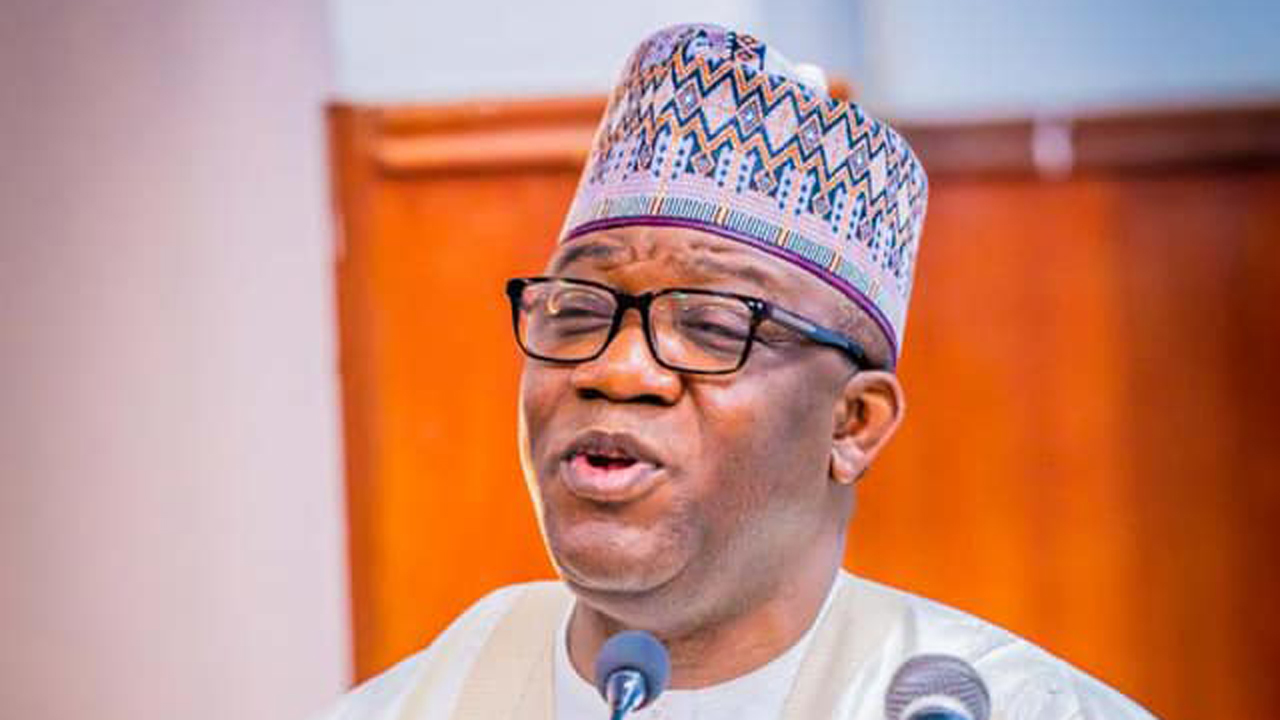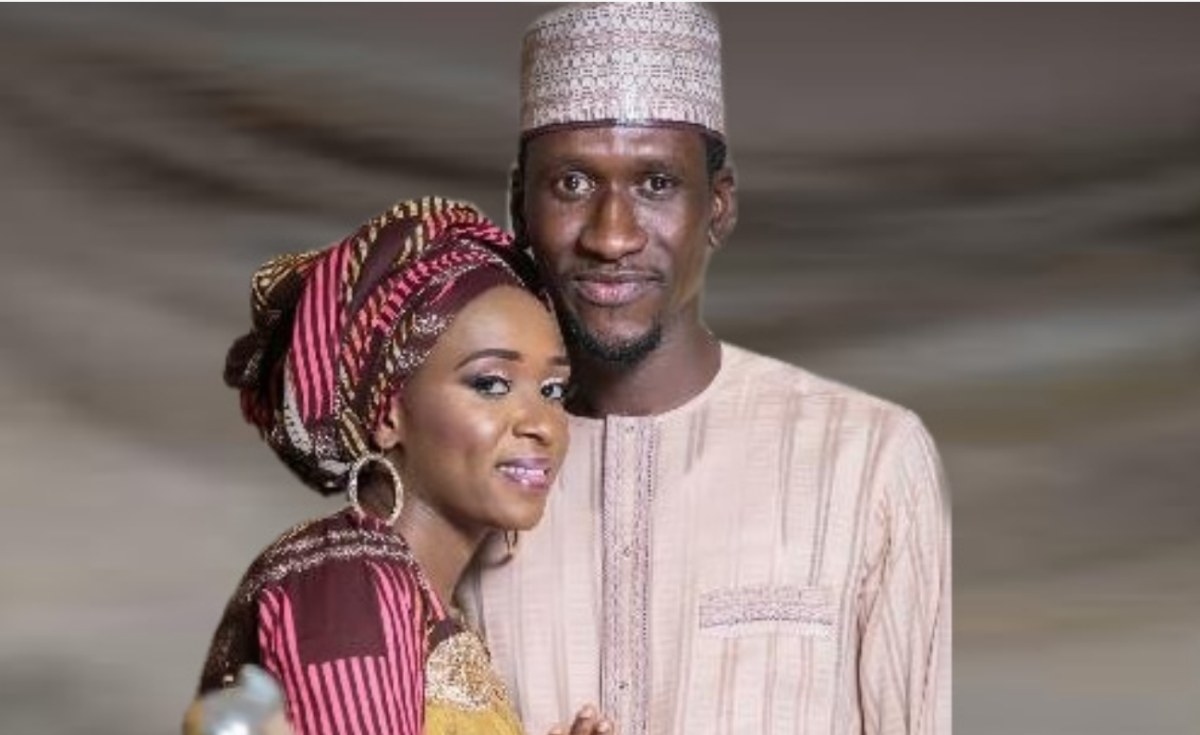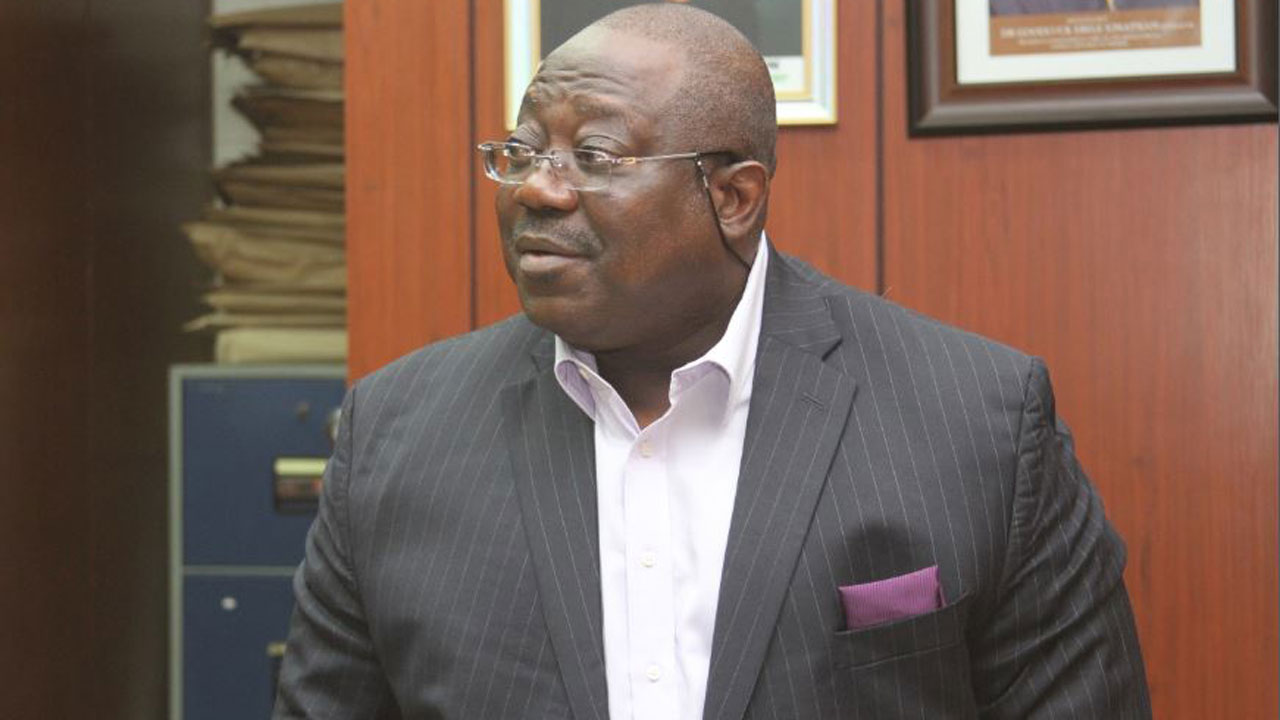
Politicians and scholars are calling for a review of the variant of democracy that is in vogue in Africa, where citizens don’t get rewarded with a better life and the electoral process becomes something like magic, such that it becomes easier to take a voyage to the moon than for free and fair elections to take place. The magic is compounded by the intrusion of the judiciary, as if the people never voted before. As if there was never an Option A4, small money, great result. Politicians have driven a wedge between the people and democracy. Ordinary citizens are distressed and no longer trust the process. They are yearning for another form.
Only people in government are smiling. Their accommodation and food are paid for by taxpayers. They do not pay for electricity. They fly government aircraft and when they are on land, citizens fuel their convoys. They tell them to be patient, just as they promised 24 years ago. This is the situation in Nigeria and across Africa, and it’s time to ask questions and force a fresh conversation around a type of government that is so distant and insensitive. Before it is too late.
It’s already too late in other parts. Disturbed by happenings in Niger, and then Gabon, where similar democracies have been overthrown, former President Olusegun Obasanjo had issued a poser. Never tired of being misconstrued, the elder statesman wondered whether this version of democracy is what Africans should be operating. When asked what type of democracy will work for Africa, he replied: “I don’t know. But we have seen that the liberal type of democracy as practised in the West will not work for us. We have to put our heads together.”
Not many citizens took note of that. Many are too hungry to listen; others are just too confused and angry to comprehend. They would rather pooh-pooh the message because of a recent spat over the idea of rotational presidency. Obasanjo had canvassed that turn-by-turn would make democracy more appealing and equitable in this clime. But the people called him names and disowned him. That does not subtract from the fact that in matters of governance, he is about the most resourced political leader of this era. His wealth of political experience is unrivalled and it’s a privilege to still have him around.
He shared in a recent press interview his experience in Guinea Conakry, where young soldiers took over the reins of government in 2021. The mood according to him was of an unrelenting youth surge. His readings were confirmed when the contagion spread to Mali, Burkina Faso, Sudan and Niger. Then Gabon. He is warning that the youths are still coming. Therefore, the democracy that works for settled Western societies may not be sufficient to contain the fury of the youths, he warned.
That warning did not rankle ears the way his command to certain traditional rulers to be on their feet did. He wanted the traditional rulers to acknowledge civil government. Maybe he did it too militarily. That’s the stuff Obasanjo is made of, provoking theatrics and being the headmaster of everybody. But we must listen to him on serious matters.
Joining the former president to spread the conversation on how to reform democracy is former Governor of Ekiti State, Kayode Fayemi. Just like Obasanjo, he too was vehement on the need for alternative politicking to save this democracy. He said: “Today, I read former President Olusegun’s interview, saying our liberal democracy is not working and we need to revisit it, and I agree with him. We must move from the political alternatives; I think we are almost on a dead end of that.”
He added: “What we need is alternative politics, and my own notion of alternative politics is that you can’t have 35 per cent of the vote and take 100 per cent, it won’t work. We must look at proportional representation so that the party that is said to have won 21 per cent of votes will have 21 per cent of the government. Adversary politics bring division and enmity.”
That’s Fayemi’s turf. While politicians busied themselves with elective offices in 1998/99, he expended quality time and mental resources to engage what was a new democratic experiment, so that we could get the best of it. Now that he’s been there and out, he should know better what adjustments to make.
The closest the country had been to the sort of representation canvassed by Fayemi was in the First Republic, when the parliamentary system of government was in use. In the ordinary sense, it allowed for all elected representatives of the people to make it to the parliament. The majority party then formed government and the opposition sat in parliament to debate policies and programmes. From account, that system was more manageable than what we have had since 1979. It wasn’t perfect. In some instances of proportional representation, ministerial portfolios are shared on the basis of representation.
There are other variants but a less cumbersome and less costly to run is the type practised in the United Kingdom. They do not waste billions to do elections and billions to inaugurate a new government.
Some scholars try to link the challenges in Africa’s variants of democracy to a carry-over of traditional systems that were in practice for centuries. Professor of International Law and Jurisprudence, Akin Oyebode, in a recent media chat said liberal democracy is yet to sit well with Africa because it has not blended well with the traditions of the people. He said societies in Africa were not traditionally democratic, as such, it will take time for the seed of liberal democracy to germinate. His recommendation is continuous research and reconfiguration of the modalities of government in Africa.
Hear him: “As I have said, Africa is not well suited to copy democratic practices from elsewhere. We have the right to go to heaven the way we want. It is a question of consciousness and perception of where we are going and how to get there. It is a very complex situation; 60 years of political independence, instead of resolving, the problem has complicated the problem. We still have to interrogate the survival of democracy in Africa, there is a need for a profound conversation on democracy in Africa…”
The conversation to deepen democracy and make it more inclusive should not be muted. It is better to tinker with the process and introduce equitable and voter-friendly features that will make it work for all.
In the presidential election of 2023, only 25,286,616 eligible voters participated, that’s about 28.63 per cent of a voter population of 93,469,008 registered by INEC. The overall population of the country is estimated to be above 200 million. Apart from persons who haven’t attained voting age, many Nigerians have developed apathy for elections. Elections have become cumbersome and costly. Nigeria should come of age and stop doing analogue polling in a digital age. Except that operators are more interested in the big budgets and procurement processes. Even INEC does not render account of income and expenditure. Elections have become a masked avenue to enrich individuals at the expense of the debtor country. The more digital, the less costly the process will be. Let there be conversation around that.
The system in operation works more for the politicians and less for the people. The conversation out there on the economy and cost of living is scary. If the operators of democracy as a form of government still claim it is the better option of the two types Nigerians have tested, it is in their interest to surrender it for a reset now we still have some time.
The pecks politicians enjoy and the illicit urge to sustain their stranglehold on the economy is the reason for the pushback each time the polity craves revival. They don’t want to let go. Some have not done any other business all their life and have fed fat on the economy.
The National Assembly has resisted every opportunity to hold a national conversation to drastically review the Constitution. Their argument is that a parliament is in place already and there cannot be another one. Since the Fifth Assembly, lawmakers have spent billions doing piecemeal amendments to the Constitution. The more they do it, the more the polity is divided and the more unsafe the country gets, physically and economically.
Former President Goodluck Jonathan again raised the alarm last week, that the reason there is crisis in Africa is the absence of accountability in governance. He also canvassed for review of democracy as a system of government. He spoke at the yearly Democracy Dialogue of the Goodluck Jonathan Foundation.
Citizens have cried to high heavens for government to reduce cost of governance. The more the people lament the more brazen the defiance. Despite the plethora of literature and white paper on the need for a lean public service, President Bola Tinubu has expanded the size of government beyond what the economy can accommodate. He seems set on a mission to win the medal of the most bloated government since 1999. And he fits scholars’ description of the African democrat who romanticize the largeness and majesty of his court, having many servants, including jesters and wine tasters.
There are 48 ministers, more could come. In addition to several other aides in the form of advisers and special advisers. It doesn’t require international auditing prowess to know that you do not need a stand-alone ministry for youths, especially one you do not have resources to fund. What is proper is to increase funding for Education, Sports and ICT sectors, to about 20 per cent of yearly budgets. That’s where the youths are. Doing otherwise is just optics.
Let’s save this democracy!






